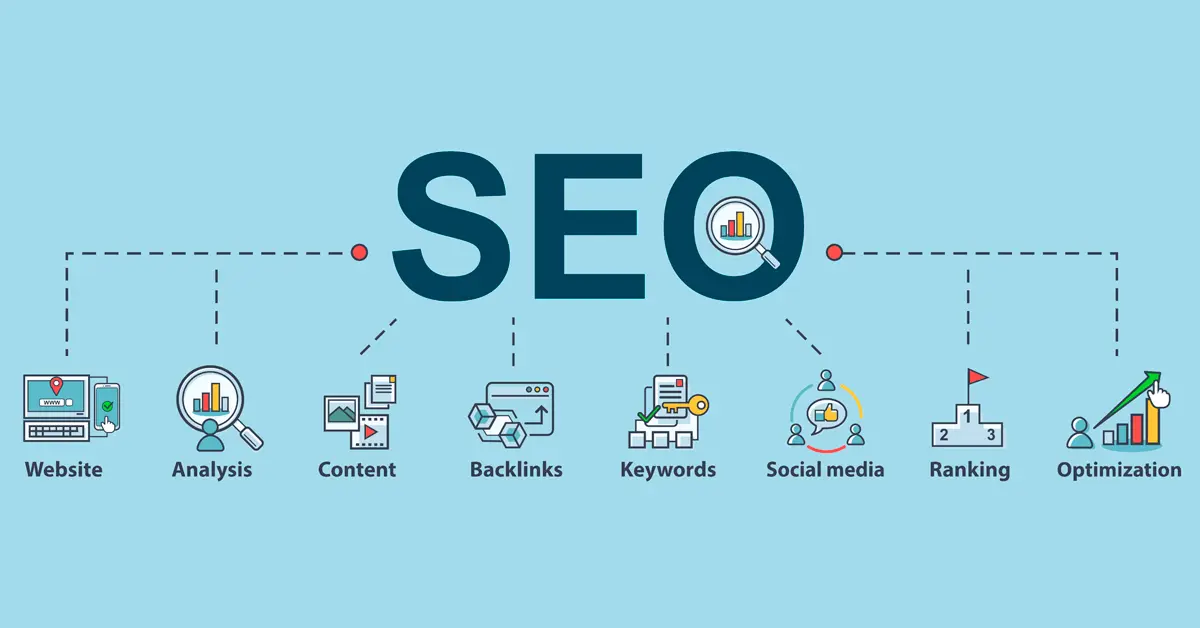-
Identify your target audience: Think about the people you want to reach and what they are searching for online.
-
Generate keyword ideas: Use tools like Google Keyword Planner, Ubersuggest, SEMrush, Ahrefs, or Moz to find keywords related to your target audience and industry.
-
Analyze search volume: Check the search volume for each keyword to determine which keywords have enough traffic to be worth targeting.
-
Evaluate competition: Look at the competition for each keyword to determine how difficult it will be to rank for that keyword.
-
Refine your list: Select the keywords that have a high search volume, low competition, and are relevant to your target audience and business.
-
Group keywords: Organize your keywords into related groups, which will help you plan and structure your content.
-
Monitor your keywords: Regularly check your keywords to see how they are performing, and adjust your strategy as needed.
-
By following these steps, you can create a comprehensive keyword list and use it to guide your content creation and optimization efforts.
Where can you use keywords?
You can use your keywords in several places on your website to optimize it for search engines:
-
Page Titles: The title of your page should include your primary keyword and give a clear idea of what the page is about.
-
Meta Descriptions: The meta description should provide a brief summary of the page’s content and include your primary keyword.
-
Headings: Use headings (H1, H2, etc.) to structure your content and include your keywords in some of your headings.
-
Body Content: Incorporate your keywords naturally into your page content. Avoid over-optimizing or “keyword stuffing,” as this can hurt your rankings.
-
URL Structure: Use your keywords in the URL of your pages, if possible.
-
Image Alt Text: Use keywords in the alt text of your images to help search engines understand what the images are about.
-
Internal Links: Link to other relevant pages on your site using your keywords as anchor text.
By using your keywords in these areas, you can signal to search engines what your pages are about and increase the visibility of your site in search results.
